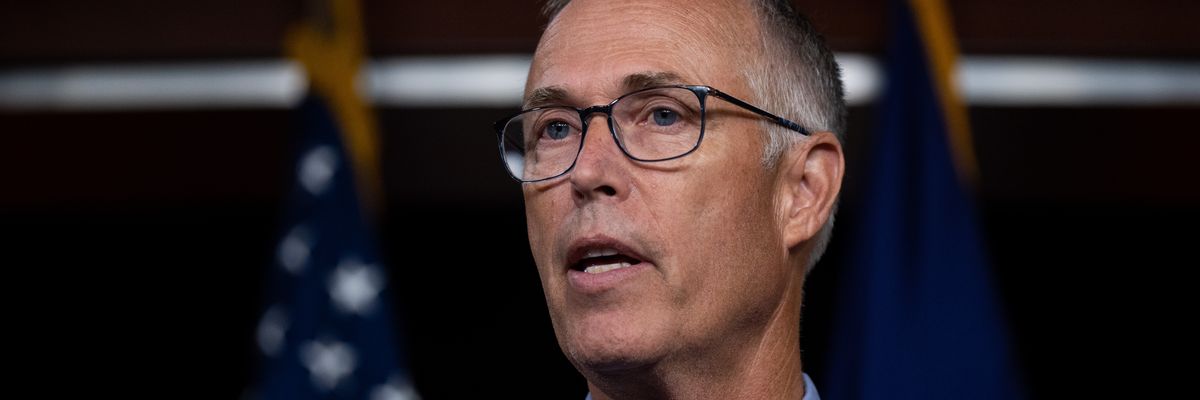A French court has halted plans to build four large water reservoirs in western France, ruling that they would threaten the survival of the little bustard, an endangered bird species.

Little bustards grow to between 42 and 45cm long with a 90-110cm wingspan. They weigh around 830g and feed on seeds, insects, rodents and reptiles. © Wikimedia Commons
By: Paul Myers
Issued on: 20/12/2024 -
RFI
The French government gave the green light for the construction of 16 water reserves – known as mega-basins – for agricultural use in the Marais Poitevin, north of La Rochelle.
But 10 environmental campaign groups, including Nature Environnement 17 and the Ligue de protection des oiseaux ("Birds' Protection League", LPO), opposed the decision and took the case to the Bordeaux Administrative Court of Appeal.
On Wednesday, the court ruled that four of the 16 mega-basins are likely to destroy all or part of the habitat of the little bustard.
"The authorisation granted is illegal because it does not provide for a 'protected species' exemption," the judges said.
They ruled that building work on the reservoirs should be halted, and added that the water stored in the Sainte-Soline reservoir – the only one of the four built so far – can be used next summer by nearby farms.
Violent clashes
The mega-basins have divided opinion, with supporters saying they are a way to use water efficiently because it is pumped from the underground water table in the winter and stored for use in the dry summer months.
Critics argue they are too big and favour large farms, while activists claim water is a common good and that farmers are effectively stealing it rather than moving towards less water-intensive and more sustainable agricultural practices.
Protest convoy against government irrigation scheme reaches Paris after 8 day march
Tensions between the two sides led to violent clashes around the site of the Sainte-Soline reservoir in March 2023.
"Biodiversity was the forgotten issue," said LPO director Régis Ouvrard. "The mega-basins perpetuate a system of intensive agriculture responsible for the decline in biodiversity, and endangering populations of endangered species such as the little bustard."
More than half of endangered species in France are not protected: report
Little bustards grow to between 42 and 45cm long with a 90-110cm wingspan. They weigh around 830g and feed on seeds, insects, rodents and reptiles.
"The bustard is a species on life support," Ouvrard added. "It lost 94 percent of its numbers between 1978 and 2000. The four reserves targeted by this ruling will have a direct impact on 5 percent of the total bustard population."
The government said it had taken note of the court's decision.
















